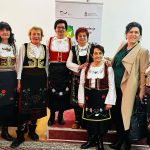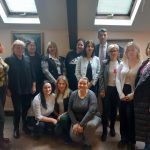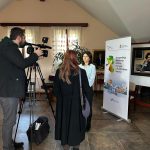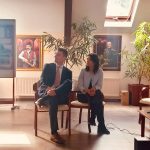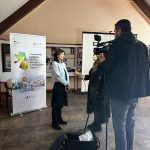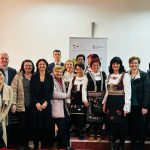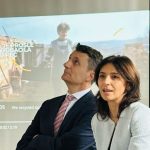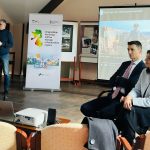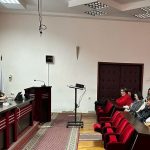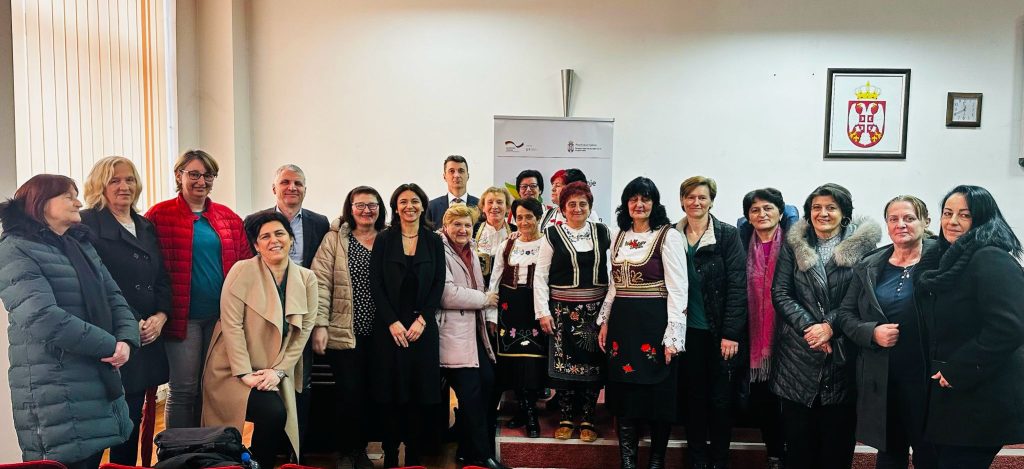
Energy sustainability in rural areas is not only a matter of comfort, but also of the survival and development of local communities. If we want villages to be vital and economically strong, it is necessary to provide them with a stable, sustainable and affordable source of energy. Through smart investments, better organization of subsidies and development of energy communities, it is possible to significantly improve the quality of life in these areas. In addition, additional education on the use and maintenance of energy efficient systems can contribute to a greater degree of adoption of these technologies.
In this regard, on February 27 and 28, in cooperation with the Zlatibor Regional Development Agency, the RES Foundation organized lectures and energy consulting for women from the rural areas of Čajetina and Arilje municipalities, who face similar problems, namely frequent and long-term interruptions in the supply of electricity. These interruptions not only disrupt daily life, but also seriously hinder the development of family businesses, especially in tourism and agriculture.
The main topics were energy efficiency and sustainable energy sources for rural households. Members of the women’s association “Union of Rural Women Čajetina” and “Zlata” from Čajetina, as well as the women’s associations “Sibirka” and “Ariljka” from Arilje pointed out that there is great interest in the installation of solar panels, both in private households and in catering establishments. However, access to these technologies is often difficult due to high initial costs and complex procedures for obtaining subsidies, which despite the growing volume of funds available for this purpose still do not meet all existing demand. An additional problem is that tenders are too often available primarily to those users who already have initial capital to invest, and often go beyond the knowledge of the population in the villages.
One of the key conclusions of the discussion was that solar panels and heat pumps can significantly improve the situation. Aleksandar Macura from the RES Foundation pointed out that the law already allows households to produce their own energy and exchange it with the Electric Power Company of Serbia. “There are enough examples of good practice – about 2,500 households in Serbia already use rooftop power plants and function as a buyer-producer,” emphasized Matsura.
However, solar panels still require initial investments of several thousand euros, which is an insurmountable obstacle for many. The participants in the discussion proposed solutions such as subsidized loans with deferred payment in installments, so that this technology would be more accessible to pensioners and socially vulnerable persons. Another important aspect of the discussion was the possibility of establishing energy communities.
It is clear that in the process of energy transition, rural communities must not remain marginalized. Solar panels, energy communities and subsidies for more efficient heating are solutions that can bring concrete changes. However, the key to success lies in greater availability of these solutions to all citizens, regardless of their financial situation and place of residence.
“Energy talks” with the women of the Zlatibor district are part of the project “Improving the use of sustainable energy in the Zlatibor region”, which is financed by the German Federal Ministry for Economic Cooperation and Development (BMZ) in cooperation with the Regional Development Agency “Zlatibor”. The project is implemented by Deutsche Gesellschaft für Internationale Zusammenarbeit (GIZ) GmbH.
Photo gallery:

